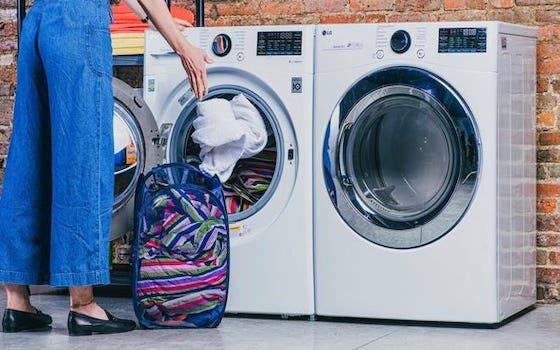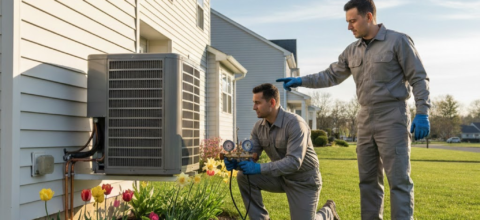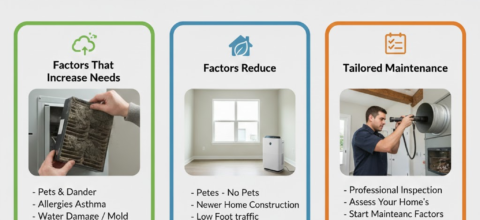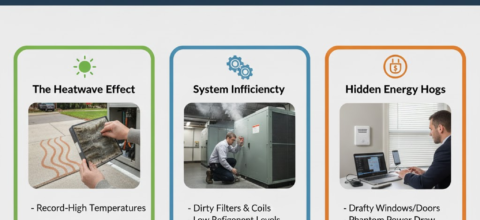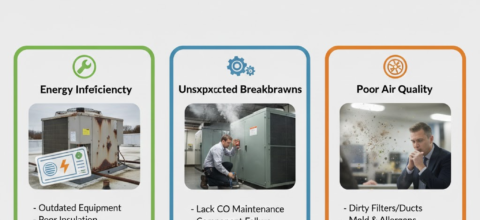How your dryer vent works
A dryer vent (maybe it’s not a surprise) is a part of the dryer. How does a dryer vent work? You put wet clothes in the dryer, and it rotates them and evaporates the moisture with heated air. Then, the wet hot air travels through the pipe with the help of a fan and leaves your house. When the dryer is the tool that makes your clothes dry, the vent of the dryer carries all the moisture outside. Why is it important to have a dryer vent? The moisture causes mold, mildew, and fungus. If you don’t want to collect those, you should probably have one and maintain it.
Not all the dryers have a vent though. Now it’s popular to have a ventless dryer. What is that and how does a ventless dryer work? It dries the clothes with the same hot air, but instead of pushing it out of the house, a ventless dryer condenses air back into water and puts it in a container or home drainage system. The clothes after such a dryer feel softer, but it takes more time to dry the clothes with a ventless dryer.
Indoor or outdoor dryer vent: what to choose?
Depending on the type of dryer, you can install the dryer vent outside or inside. How does an indoor dryer vent work and what pros and cons of it?
pros:
- an indoor dryer vent is a much cheaper and less time-consuming option because you won’t have to ruin your walls by making a hole for the outdoor vent;
- by choosing to install an indoor vent option, you will increase heat production. This means that if you have a cold winter, it will be an additional source of heat for your house. But it comes with a price because with the heat moisture travels too. If you live in a cold area with dry air, an indoor dryer vent can be helpful. If you have a home in an already hot and humid area – probably think about an outdoor vent;
- an indoor dryer vent is more suitable for apartments and condos because it takes less space. If you don’t have access to the exterior wall, an indoor vent is better than no vent.
cons:
- an indoor dryer vent can cause a fire hazard if you don’t install it right. Just like with the other vents though. You’ll probably have to call a specialist to install it for you as well as maintain it if you don’t want a fire in your house;
- it can cause a lot of moisture, cause mold, and fungus and this is not what your lungs want;
- when you wash your clothes, you probably use chemicals. Chemicals are bad. If you breathe in those on a daily basis, it may affect your health: cause allergies, asthma, or even cancer;
- do you use a gas-powered clothes dryer, and it travels through your indoor vent? We highly recommend you to not do that, because the evaporated fumes may contain carbon monoxide, which is a deadly gas for your and your pets. Better switch to an electrical one to avoid air poisoning.
One thing is to understand how a dryer vent works, and the other is to install and maintain it. How can you do that by reading a couple of articles on the Internet? That’s why we recommend asking a specialist to do so. If you need a cleaning or installation – we are prepared for any type of situation. Contact us now and get a better life quality with Amazon Air Duct Cleaning: 800-482-8224 for Dryer Vent Cleaning.

